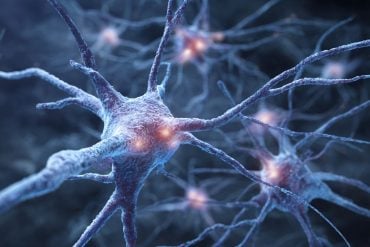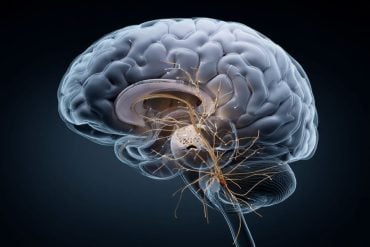Summary: A new study has found that galactic cosmic radiation (GCR) can cause long-lasting learning deficits in female rodents, adding to the known risks of space travel on cognitive health. The study also revealed that feeding the mice an antioxidant and anti-inflammatory compound called CDDO-EA reduced the cognitive impact of GCR exposure.
These findings have significant implications not only for space exploration but also for understanding the long-term effects of radiation on the brain. Researchers aim to explore further how the brain adapts to GCR and how these adaptations alter behavior. This work provides key insights into protecting astronauts’ health on future space missions.
Key Facts:
- Galactic cosmic radiation causes long-term learning deficits in female rodents.
- Antioxidant compound CDDO-EA helps reduce cognitive damage from GCR.
- The findings may inform strategies to protect astronauts from radiation during space missions.
Source: Wiley
During missions into outer space, galactic cosmic radiation (GCR) will penetrate current spacecraft shielding and thus pose a significant risk to human health. Previous studies have shown that GCR can cause short-term cognitive deficits in male rodents.
Now a study published in the Journal of Neurochemistry reveals that GCR exposure can also cause long-lasting learning deficits in female rodents.

The impact of GCR on cognition was lessened when mice were fed an antioxidant and anti-inflammatory compound called CDDO-EA.
Beyond its immediate implications for space exploration, the findings contribute to a broader understanding of radiation’s long-term impact on cognitive health.
“Our study lays the groundwork for future causal delineation of how the brain responds to complex GCR exposure and how these brain adaptations result in altered behaviors,” said co-corresponding author Sanghee Yun, PhD, of the Children’s Hospital of Philadelphia Research Institute and the University of Pennsylvania Perelman School of Medicine.
About this antioxidant and cognition research news
Author: Sara Henning-Stout
Source: Wiley
Contact: Sara Henning-Stout – Wiley
Image: The image is credited to Neuroscience News
Original Research: The findings will appear in Journal of Neurochemistry







